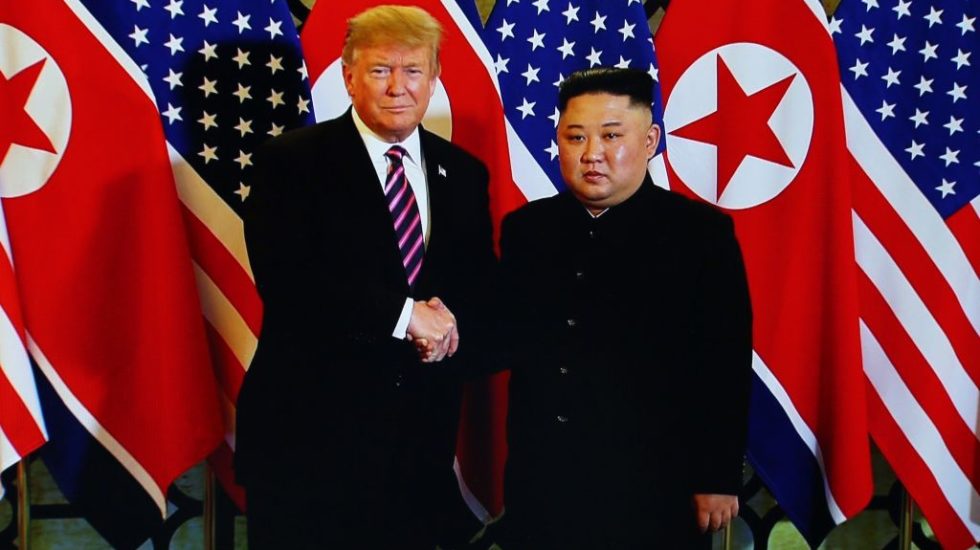Jesse James, Bonnie and Clyde, John Dillinger and — North Korea? A new report seems to place North Korean hackers in the company of some of the most infamous bank robbers of all time.
North Korea may have suspended its nuclear and missile testing, but the report from the cybersecurity firm McAfee says it continues a sprawling and sophisticated campaign of cyber attacks on the United States and other countries.
Banks, especially, but also critical infrastructure, defense and government agencies are among the North Korean hackers’ most frequent targets, McAfee says.
Unlike other countries known for hacking attacks, which tend to target other nations’ intelligence operations, the North Koreans focus their energy on cash, John Demers, assistant attorney general for national security, told CNN in an exclusive interview.
“Straight up cyber bank theft — that’s a significant piece of what they do in cyberspace,” Demers told CNN. “They just need money. They need hard currency. That’s a good way to get it.”
The hacking continued even during last week’s failed summit between President Trump and North Korean dictator Kim Jong-un.
“Pyongyang is believed to operate some of the most sophisticated hacking cells in the world,” reports CNN, “though the North Korean government has long denied any wrongdoing.”
McAfee says the intensive cyber attacks began in 2017, after President Trump mocked Kim as “little rocket man.”
“They are very, very, very active. It’s been nonstop. We’ve seen them hit in excess of 100 times,” McAfee’s chief scientist, Raj Samani, told the Sunday New York Times.
CNN says McAfee’s investigation found “numerous technical links” to what’s known as the Lazarus Group, “North Korean hackers believed to have been behind bank heists around the world.”
The Times reported that the “vast majority” of North Korean targets were in the U.S., “with the most frequents marks in Houston, an oil and gas hub, and New York, a finance hub.” Russia and China, the newspaper says, “were relatively untouched.”
McAfee says it worked with a “government entity” in its probe of North Korean hacking, but refused to identify the government, perhaps hinting that it was not the U.S.
